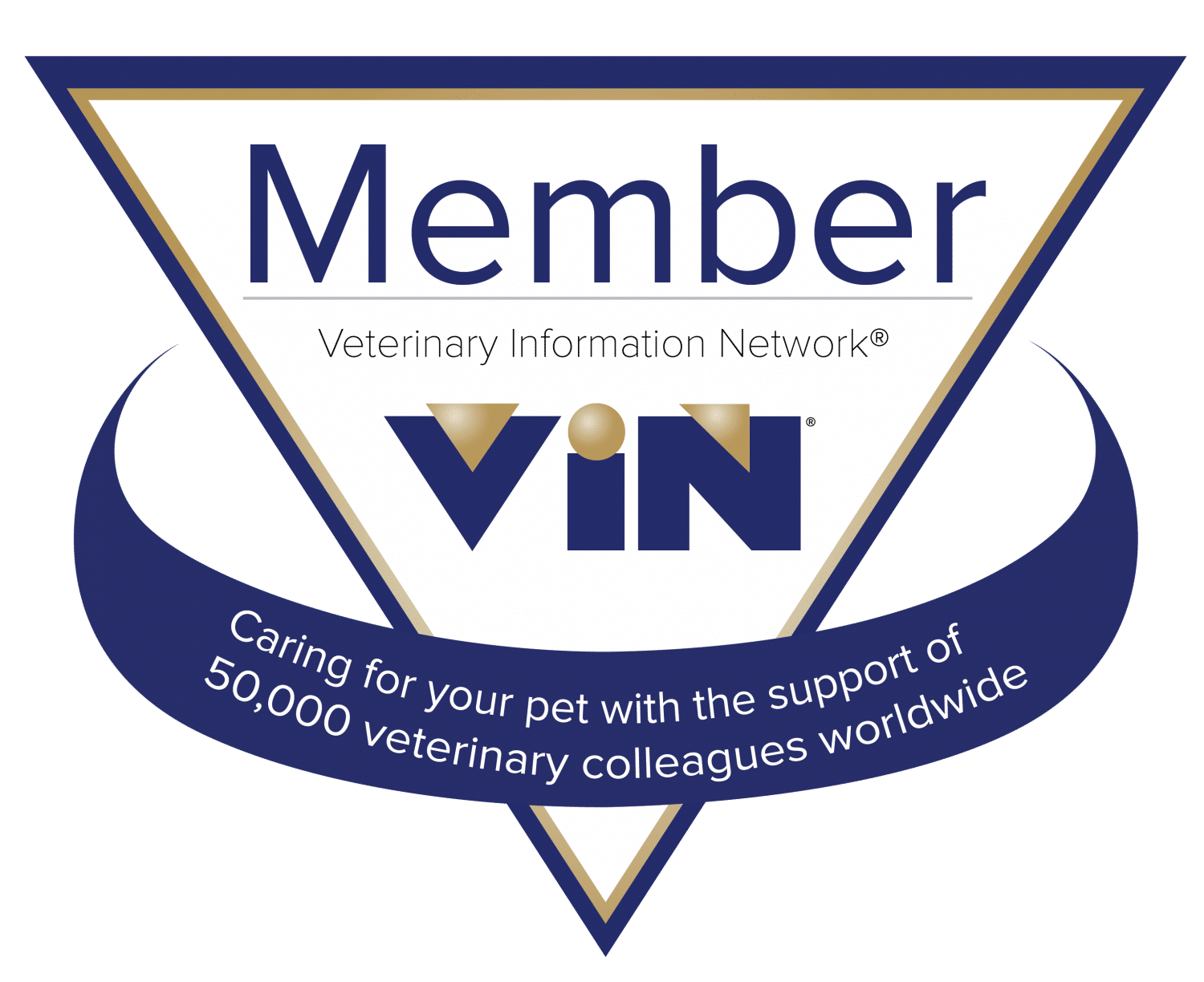It never ceases to amaze me that folks will acquire a new pet without making any attempt whatever to learn about proper care for the animal.
Puppies and kittens should start preventive de-worming even before weaning, at 3 weeks of age. Physical exam and stool exam at six weeks of age, and puppies start their first vaccinations (kittens get their first shots at 9 weeks). If you’ve just acquired a new puppy or kitten, schedule an exam as soon as possible. At this young age, the babies acquire problems and parasites more easily than adults, and the diseases do much more damage. The smaller the pet, the less margin you have for error.
I had a call this morning from someone with a small puppy. They’ve had it for two months and it has had no de-worming, no vaccinations, and no examinations. Two days ago they saw it eat the stuffing from a pillow. Today he is vomiting and they called on Sunday to ask how much de-worming medicine to give it (they already had a big bottle for their hunting dogs). Good luck with that. I can only hope that parasites are the cause of his vomiting, rather than intestinal blockage or parvovirus enteritis. If he’s not better (and still alive) tomorrow, they said they would "bring him right in". He’s got a chance.
Earlier this week, a lady brought in a 15-ounce Chihuahua puppy. She had purchased it two weeks ago. No vaccinations, no de-worming, no exams. Since it was so small, she felt she shouldn’t feed it very much, so she was giving it a teaspoon of canned food once a day (versus a high quality puppy food, "all you can eat", three times a day, which is what a little puppy needs). She forgot about the rat poison behind the couch. She’s pretty sure he ate some yesterday morning. The puppy began vomiting that night, and she brought it in around noon.
The poor thing was consumed by hookworms and roundworms, stool bloody, too weak to raise his head, body temperature below 92 (101 is normal, and my thermometer doesn’t read in the room temperature range). He lasted about an hour.
With any size puppy, you wouldn’t wish to make any of the mistakes this lady made. You wouldn’t want to ignore a heavy parasite load, or starve them, or leave poison out, or fail to vaccinate, or wait overlong to seek help. With a bigger puppy, you might get by with making one of these mistakes, or even two. With a tiny puppy, you’ll be lucky if you get by with even one mistake. They’re not very forgiving.
If you’re reading here, you’re already seeking information, so I’m "preaching to the choir", I guess. You should have seen me trying to explain tactfully what had gone wrong versus what should have been done. It doesn’t do any good to beat somebody up after the fact. The challenge is to somehow get the person to feel good about learning from these mistakes and do better next time. [And the little voice says, "Good luck with that."]


Thanks for that Old Yeller Alert. Nice to be mentally prepared for a change. Doesn’t it just make you want to shake the stuffing outta them? It reminds me of a saying (redneck warning) “If crap were brains, you wouldn’t even smell bad.”
I agree with you. Tiny pets really need extra care! http://www.dogcrates-4less.com/
Oh, you’d be amazed how many ‘reputable’ breeders no longer think they need to de-worm, or vaccinate — all because they feed their dogs raw, and use homeopathic remedies.
If raw diet prevents disease, why do raccoons still get rabies?
Stupid, stupid, stupid. And, really? A teaspoon of food, ONCE a day? My six week pup eats 1/c cup of food, four times per day, and only weighs 5 lbs.!
Responsible pet owner should equip and prepare himself/herself about the breed he/she’s gonna adopt or get. That includes proper pet safe.
Small dog breeds needs extra care, especially when they are pregnant and giving birth.
http://www.midwesthomes4pets.com